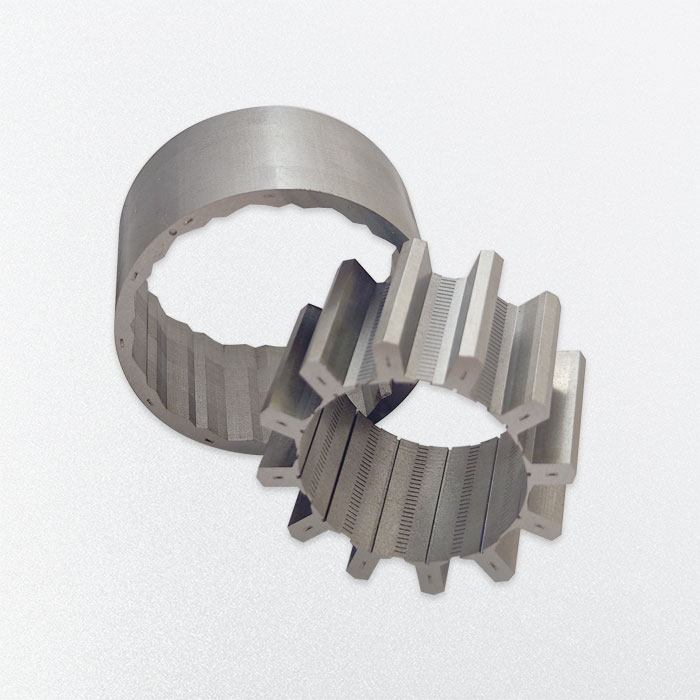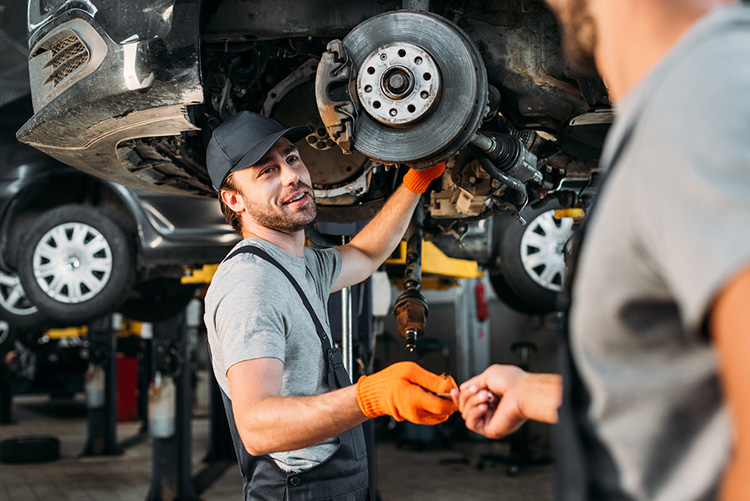For most people, cars are one of the biggest investments that they’ll ever make next to a home. After all, there are countless hours spent in a vehicle commuting to and from work, running errands, or going on road trips. If finances were no object, many people would likely jump on the opportunity to switch up their vehicle for a new one. However, there are many signs that it may be time for a new car. Some of these include:
- You own a model that has poor performance and echoes negative product reviews posted about the vehicle on public forums.
- Its safety features are not up to par.
- Your odometer has over 100,000 miles and in need of costly repairs or maintenance.
- The exterior and interior of the vehicle have extensive damage.
- The engine check light is constantly turning on regardless of repairs.
When your car is consistently showing these signs, it is the perfect opportunity to consider the benefits of upgrading to a more modern car.
Table of Contents
Fuel Efficiency
Depending on the switch you’re making, you may be pleased to discover a growing number of options for fuel-efficient vehicles. Lots of this has to do with improvements in design, as well as fuel-saving features. While gas-powered vehicles might be upgraded to burn fuel more efficiently, there are several new green options such as hybrids and fully-electric vehicles that have excellent mileage. While the sticker price for these cars tends to be higher than their traditional counterparts, many new buyers are able to offset the price difference with rebates, lifetime savings in fuel costs, and other incentives for going green.
Safety
With each passing year, manufacturers are able to use feedback from previous vehicles when engineering the latest versions. One of the biggest benefits of upgrading to a new car are the improved safety features. While safety components such as seatbelts, air bags, and hazard lights come standard in most vehicles, many modern vehicles now come with additional features that keep drivers, passengers, and even pedestrians safer. Some of these new features include:
- Back-up cameras
- Lane change assist
- Automatic emergency brakes
- Lane departure warning
- Hands-free capabilities
Design Upgrades
While a car’s function takes precedence over its aesthetics, there are many drivers that enjoy the updated look of newer vehicles. Each year, manufacturers tend to release cars with updated shapes, sizes, and colors that follow the latest trends and meet the demands of consumers. While some of these changes might be solely for looks, some are actually practical. Some of these might include more comfortable seating, increased leg room or cargo space, more passenger options, and improved aerodynamics.
Technology
It’s virtually impossible to talk about modern cars without mentioning advances in technology. While some features may only be available in add-on packages, others may come standard. Techies shopping around for a new vehicle may appreciate features such as HD radio, Bluetooth calling, higher audio quality, DVD hookups, voice-activated or touchscreen controls, steering wheel controls, seat warmers, and even beverage warmers. Long, dull trips can become a thing of the past thanks to these advanced electronic accessories and a reliable GPS system.
New Owner Perks
Purchasing a new vehicle can require a significant investment, but the returns for having one can more than make up for it. Warranties that often come with new vehicles can give drivers peace of mind that many of their cars’ pricey components can be covered, if even for a limited time. Also bear in mind that it is easier to have a better grasp on a vehicle’s history, with used car buyers typically having a limited number of owners before them. New-car buyers are obviously the first owners and won’t need to worry about prior accidents or existing issues with a car. While there are many older vehicles that can withstand the test of time, many take comfort in the reliability of newer more modern versions.












:max_bytes(150000):strip_icc()/GettyImages-522272311-5949bdc15f9b58d58a035319.jpg)
